3 Things to Consider Before Installing an EV Charger in Your Garage
As electric vehicles (EVs) continue to gain popularity, many homeowners are considering installing home EV chargers in their garages for convenience and efficiency. However, this isn't as simple as plugging in a new appliance. Installation involves several critical considerations to ensure safety, efficiency, and future compatibility. Being prepared can save you time, money, and the hassle of handling unexpected challenges. Here, we delve into a few essential points you need to reflect on before installing an EV charger in your home garage.
1. Evaluate Your Home’s Electrical Capacity
First and foremost, assess your home's electrical capacity. According to Car and Driver, home EV chargers generally draw between 24 and 80 amps, which reinforces the importance of verifying whether your home’s current electrical infrastructure can handle that level of load. It's crucial to factor in any existing electrical appliances and their consumption to avoid overloading your system. Consulting with a licensed electrician will not only help in understanding your home’s capacity but may also offer insights into whether an electrical service upgrade is necessary to accommodate your new charger.
2. Choose the Right Charger Placement
The placement of an EV charger within your garage is another important consideration. You need to think about the length and flexibility of the charging cable, ensuring it can comfortably reach your vehicle’s charging port. Moreover, the charger should be mounted in a location that's safe, convenient, and weather-resistant if your garage space is open or partially exposed. Keeping the charger accessible will make the charging process seamless and encourage consistent usage, helping you maximize the benefits of EV ownership.
3. Understand Charger Types and Capabilities
Lastly, take the time to explore the different types of chargers and their capabilities. According to our experts, Level 1 chargers typically use a standard 120-volt outlet, but they are slower, often taking an entire night to fully charge an EV. In contrast, Level 2 chargers require a 240-volt outlet, significantly reducing charging times and providing more efficiency. Your charging needs, driving habits, and future plans should guide your choice. Home EV chargers can provide solutions that align with your lifestyle and long-term goals.
Installing an EV charger in your garage is a strategic move that involves careful planning and consideration. From assessing electrical capacity to choosing the right type of charger, focusing on these key factors will set the foundation for a safe and efficient charging experience. Make informed decisions today to enjoy a seamless transition into the world of electric mobility. Call Winn Electric Contracting Inc for expert home EV charger installation today!

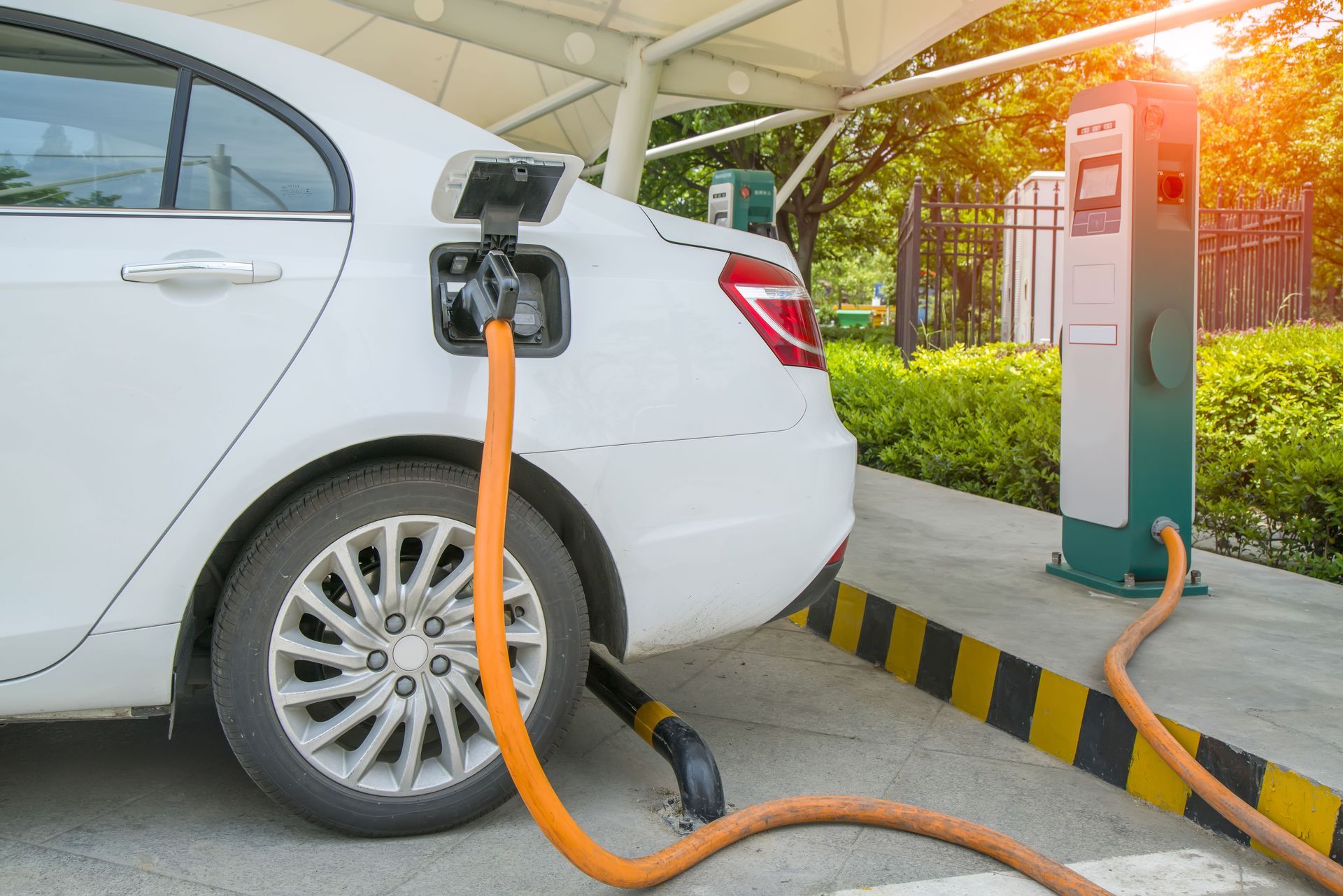

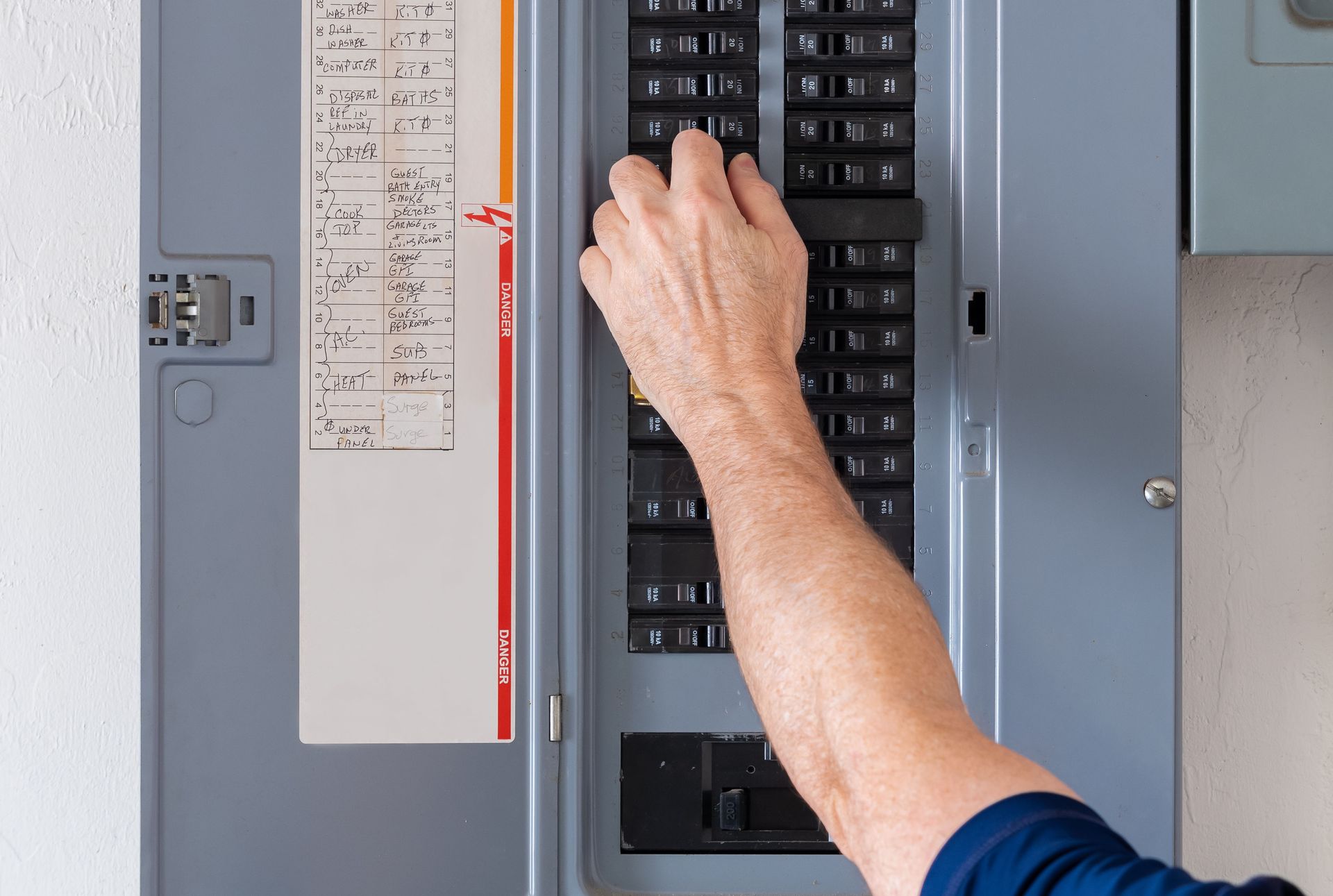
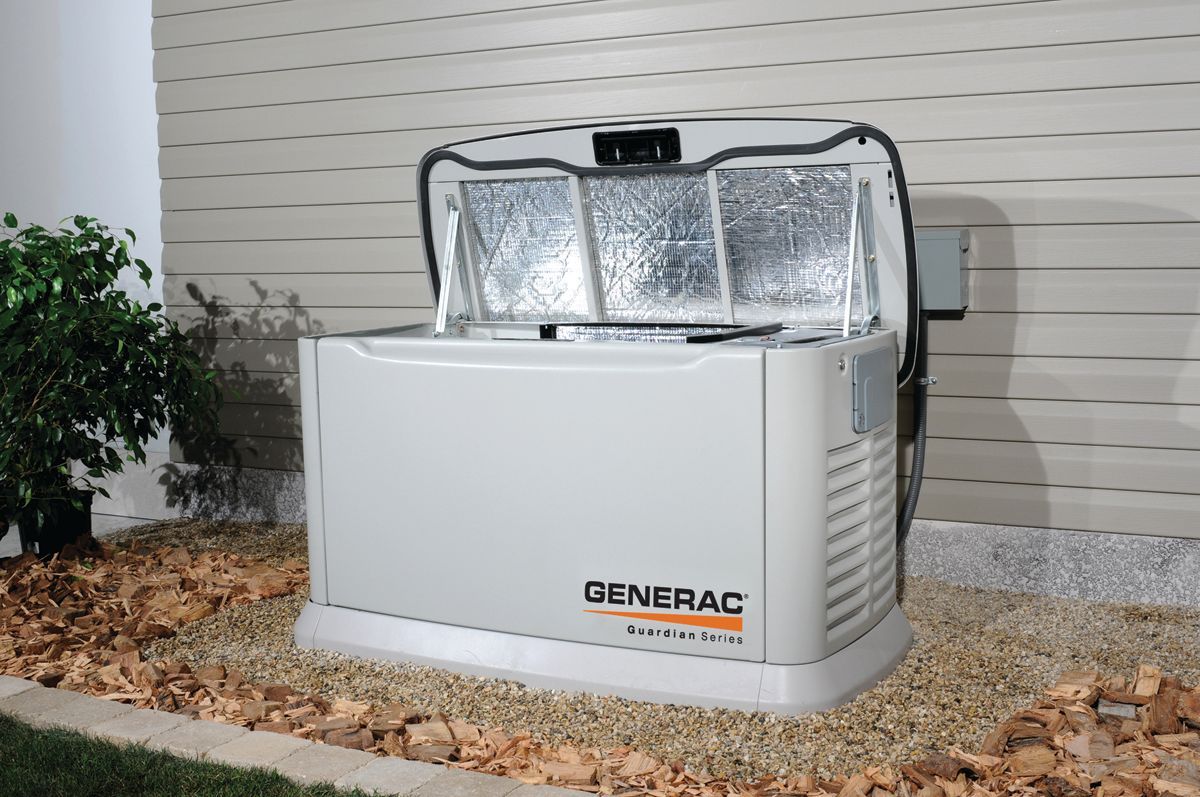
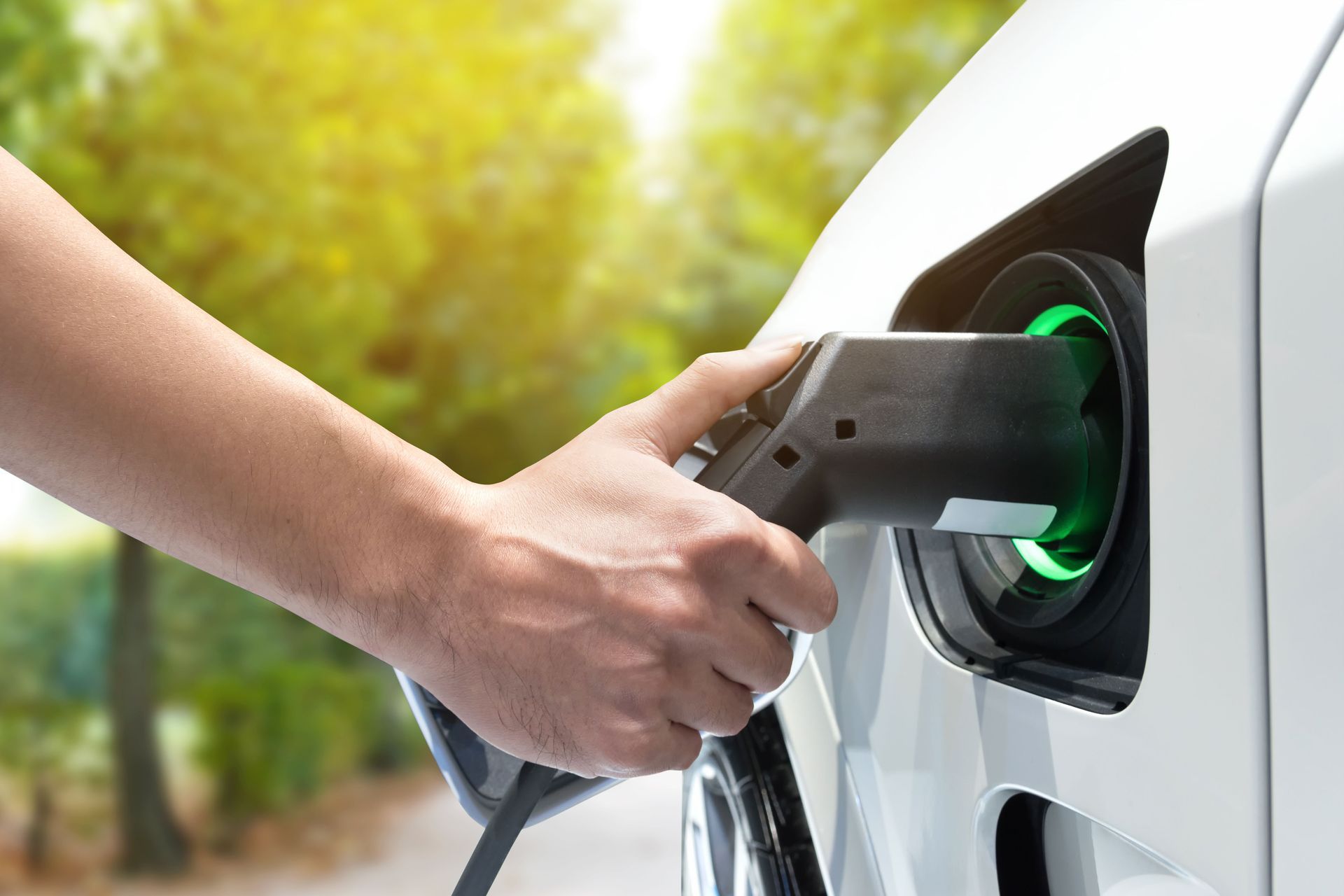
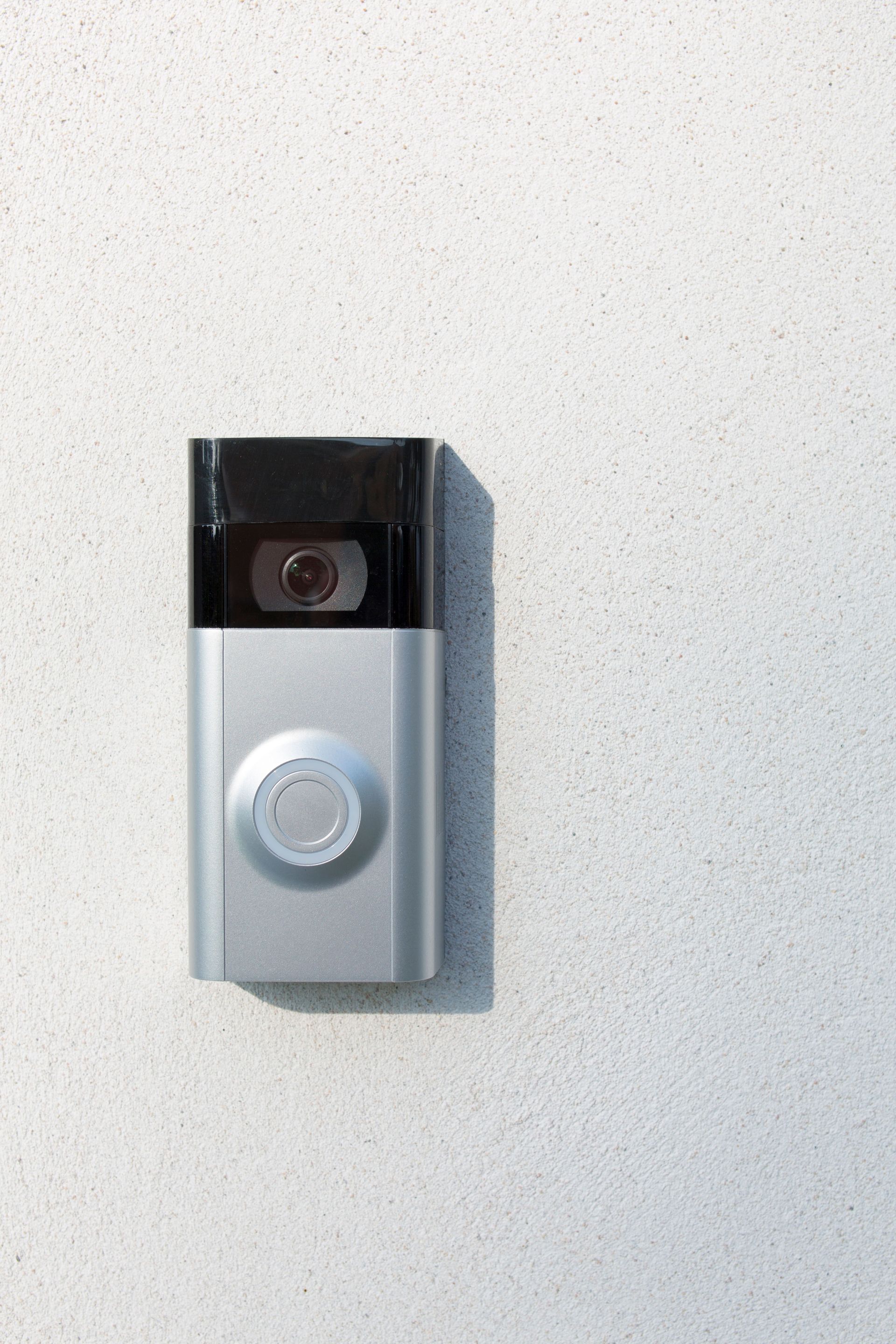


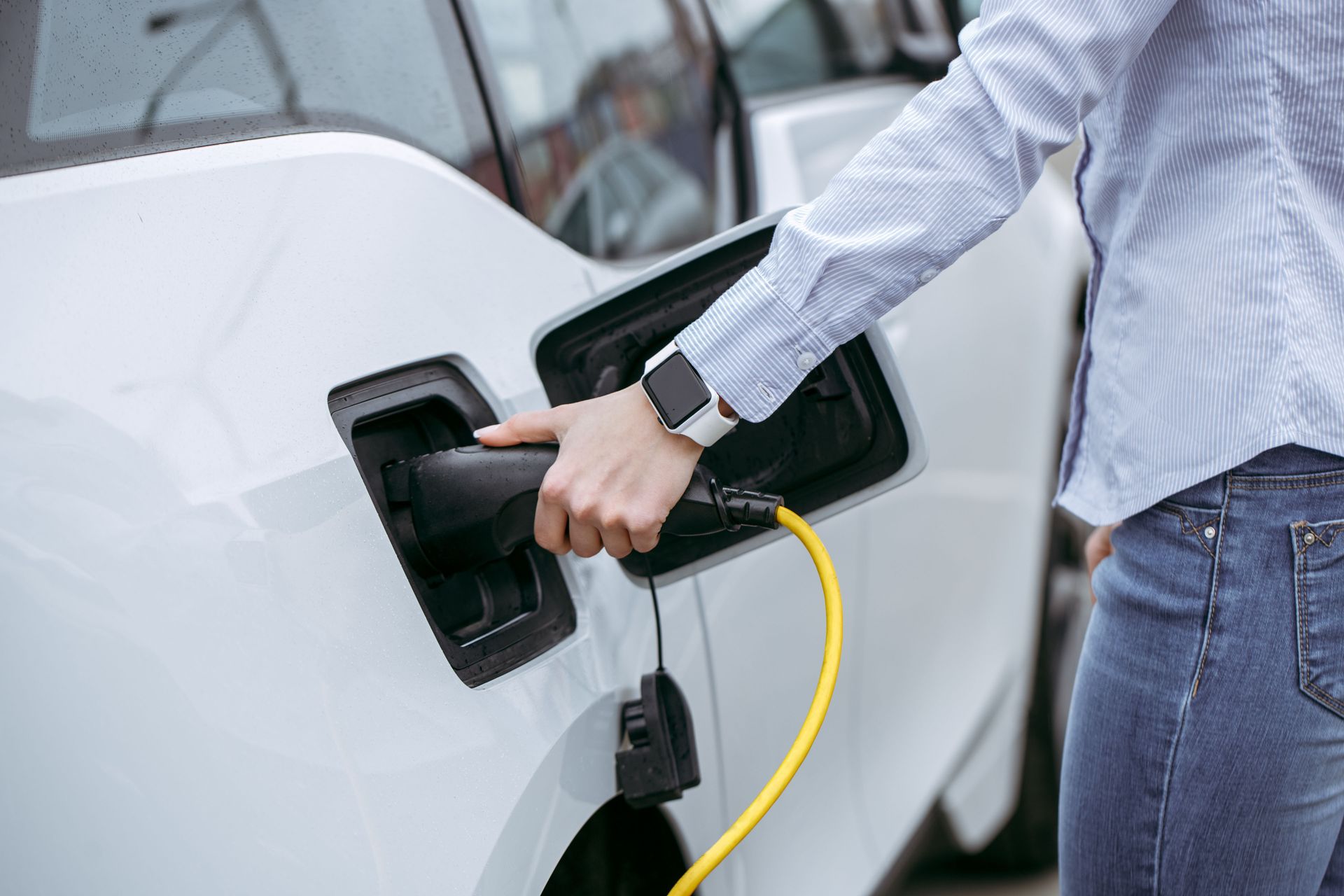

Share On: